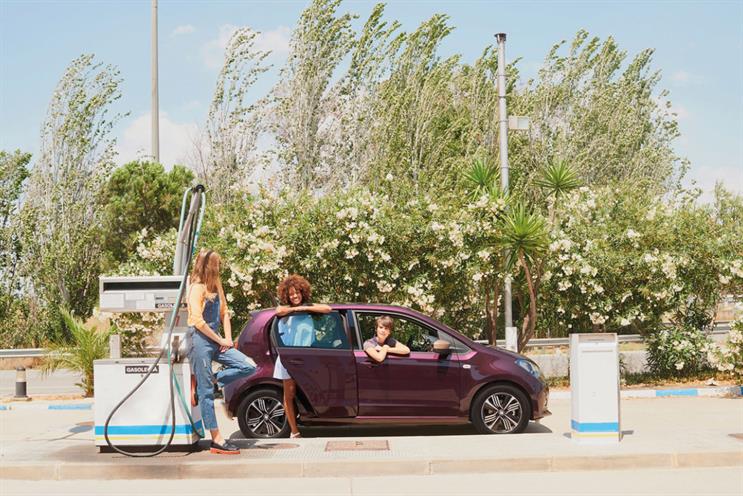
Response to the new Seat Mii model, which features jewelled, bicolour alloys and headlights that look as though they are "wearing" eyeliner, has been predictably scathing.
Juliet Haygarth, chief executive of BMB, says brands remain unaware that they could attract the wrong kind of debate if they play into stereotypes. She asks: "Has nothing been learned from the backlash over Bic’s pink pen?"
It is not the first time a publisher has teamed up with an automotive brand to produce such a car. Glamour and Kia created something similar in 2005.
Insiders say the automotive industry remains wedded to "outdated" gender stereotypes because the process of buying a car "hasn’t fundamentally shifted since the 70s". This could explain why much of the sector’s marketing appears to belong to a bygone age.
Hugh Fletcher, former digital marketing director at Audi, thinks the problem lies in the culture of the industry: "You get a product defined by the production process, then marketing is layered on, which is why many of the campaigns feel facile as the product fundamentals haven’t changed."
However, this is a disconnect that brands can ill afford when, according to Maddy Dychtwald’s book Influence: How Women’s Soaring Economic Power Will Transform Our World for the Better, women influence 85% of all car purchases.
Fletcher says that while gender neutrality has become mainstream in marketing, the automotive industry continues to lag behind. He explains: "Cars are often described in masculine and feminine terms, which is offensive to many consumers."
Jim Holder, editorial director at Haymarket’s automotive division, which includes Autocar, PistonHeads and What Car?, believes car-makers are being short-sighted in how they talk to women. He says that the experience of walking into a car dealership remains intimidating for both men and women, so brands should shift their focus to addressing this. He advises: "Speak to the customer based on their needs as opposed to their gender and don’t deal in crass generalisations."
That said, although the Seat and Cosmopolitan partnership has been criticised, insiders point out that a previous tie-up between the car brand and fashion retailer Mango achieved solid sales at a premium price point. Marketers at other automotive brands claim that marketing based on product specifications such as boot space has successfully gained traction with female consumers in the past.
With experts agreeing there has yet to be a single credible campaign aimed at women, perhaps it is time for car brands to ditch gender stereotyping and market to women as individuals.
A spokeswoman for Cosmopolitan said: "Seat identified that the Mii is bought primarily by women at the younger end of the car-buying market and had already produced a successful limited-edition run with Mango. The Mii by Cosmopolitan was developed with consumer input and, throughout the design process, editors and readers across Europe shared their feedback."


